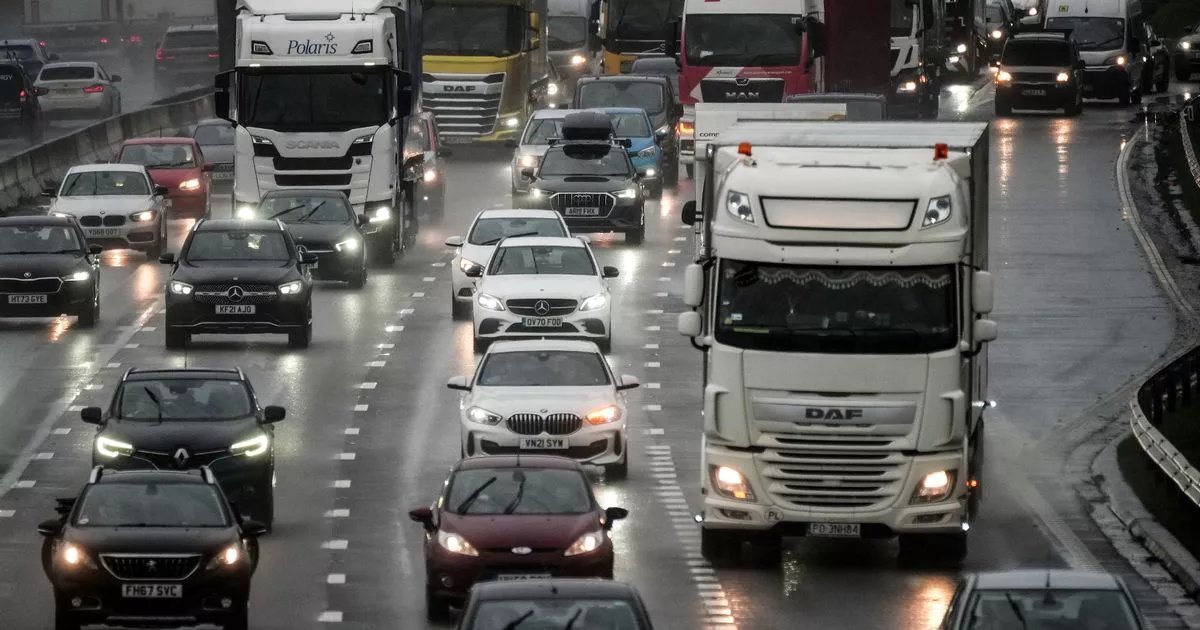Some car owners across the country will be hit by major tax changes in just a couple of months
Many motorists across the country will soon pay tax on their vehicle for the first time. Changes to the UK’s road tax systems on April 1 will see those who own an electric car as well as a zero or low emission vehicle pay tax, something they previously didn’t have to do.
While some will only start out paying £10 on their tax, many others will have to fork out £195 instead. Official guidance states that owners who register a car on or after April 1, 2025 will pay the lowest first year rate of vehicle tax at £10.
Meanwhile, those who purchased their electric car between April 1, 2017 and March 31, 2025 will have to pay the standard rate of £195. Furthermore, if you register an electric car listed at £40,000 or higher after April 1, you will be required to pay the Expensive Car Supplement – an add-on tax that will be implemented from the second year of purchase at £410 a year for five years.
Annual Tax costs for new electric cars
The below values estimate the average tax for cars purchased on or after April 1. Figures for vehicles over £40,000 are based on the current expensive car supplement for April 2025 at £425 per year – but this figure could change in the future.
£620
£195
£620
£195
£620
£195
£620
£195
£620
£195
Petrol and diesel vehicles
Other vehicles will pay a rate based on a vehicle’s CO2 emission from the first time it is registered. Diesel cars may also be subjected to a higher rate if they do not meet the Real Driving Emissions 2 standard for nitrogen oxide emission – this is something that you can check with the car manufacturer if you’re concerned.
Following this, second tax payments and those that follow may be a slightly different price, depending on the type of vehicle you use.
Alternative fuel cars
Officially, alternative fuel vehicles are any vehicle that doesn’t solely rely on petrol, diesel, or electric. This classification covers other fuel types such as bioethanol, liquid petroleum gas, and hybrid vehicles.
Similar to petrol and diesel vehicles, first tax payments for these will be based on their CO2 emission from the first time they are registered. They may then see a significant change in payments from the second tax charge and onwards.
Full details of how your vehicle tax may change from April 1 can be found on gov.uk here.





